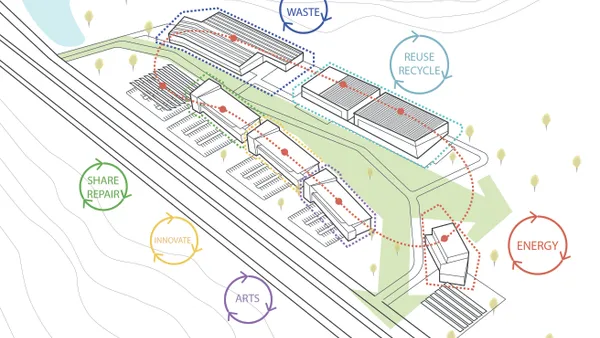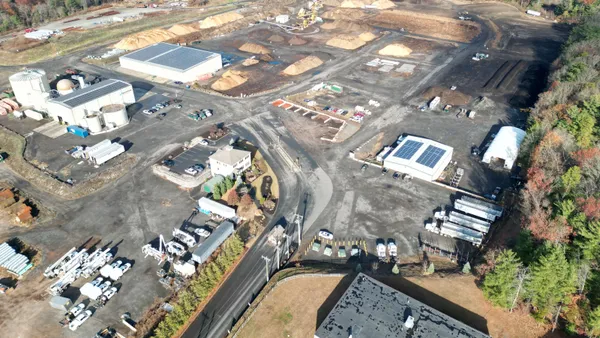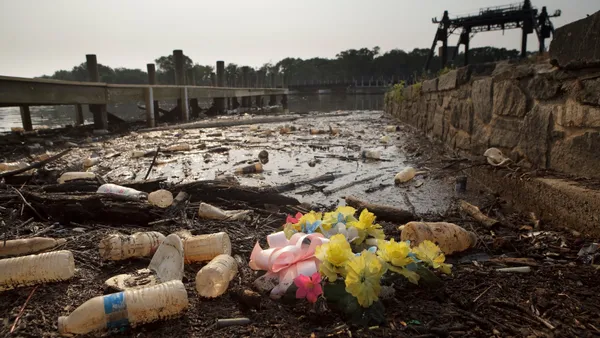Dive Brief:
- Data analytics company Zerocycle has announced results of its Resident Engagement Platform pilot program in Fremont, CA, touting a 13% reduction in overall trash bin weight among participating households, according to a press release.
- The pilot program, led by StopWaste and Action Research, took place in June 2016 and tested three organics diversion programs versus a control group to "identify effective outreach strategies" for waste reduction. The three programs tested were Zerocycle's Neighborhood Waste Report (NWR), hangtags and a kitchen countertop bin with 30 compostable bags. Each of the three programs led to a 40%-45% reduction in amount of food scraps in the trash.
- Zerocycle's NWRs were found to be successful due to the low cost of distribution and their visual appeal. The company is also testing NWR pilot programs in Salt Lake City, UT; Buffalo, NY and Cincinnati, OH.
Dive Insight:
Educational outreach regarding waste diversion has been one of the biggest focuses for both commercial and municipal leaders across the country, however there has not been a one-size-fits-all answer for how to best educate residents. This has not only created confusion, but has also led to contamination and caused debate over best practices among industry professionals.
Since its launch in 2014, Zerocycle has attempted to elevate consumer engagement through a sense of neighborhood competition, visuals and rankings, all displayed in the NWRs. In a July 2016 interview with Waste Dive, CEO Hunter Hayes explained this approach as "getting in front of people's faces in a way that they haven't had before." Wesley Schultz, scientific advisor for Zerocycle, also notes the effectiveness of this unique tactic.
"We know that people are interested in recycling, but just sending them educational materials or reminding them to do the right thing isn’t enough," he said in a press statement. "However, we have seen that when residents compare their recycling levels to neighbors, this creates a sense of community connection and collective action that can ultimately result in lasting behavioral changes."
While the result of the Freemont study also noted hangtags and countertop pails as having nearly equal effectiveness as Zerocycle's program, Hayes noted in an email to Waste Dive that Zerocycle's solution "was the least expensive to implement (by a considerable amount), and the easiest to scale." The results of the programs in Salt Lake City, Buffalo and Cincinnati are not yet available, however it will be interesting to see if those cities find the same level of success in their programs.















